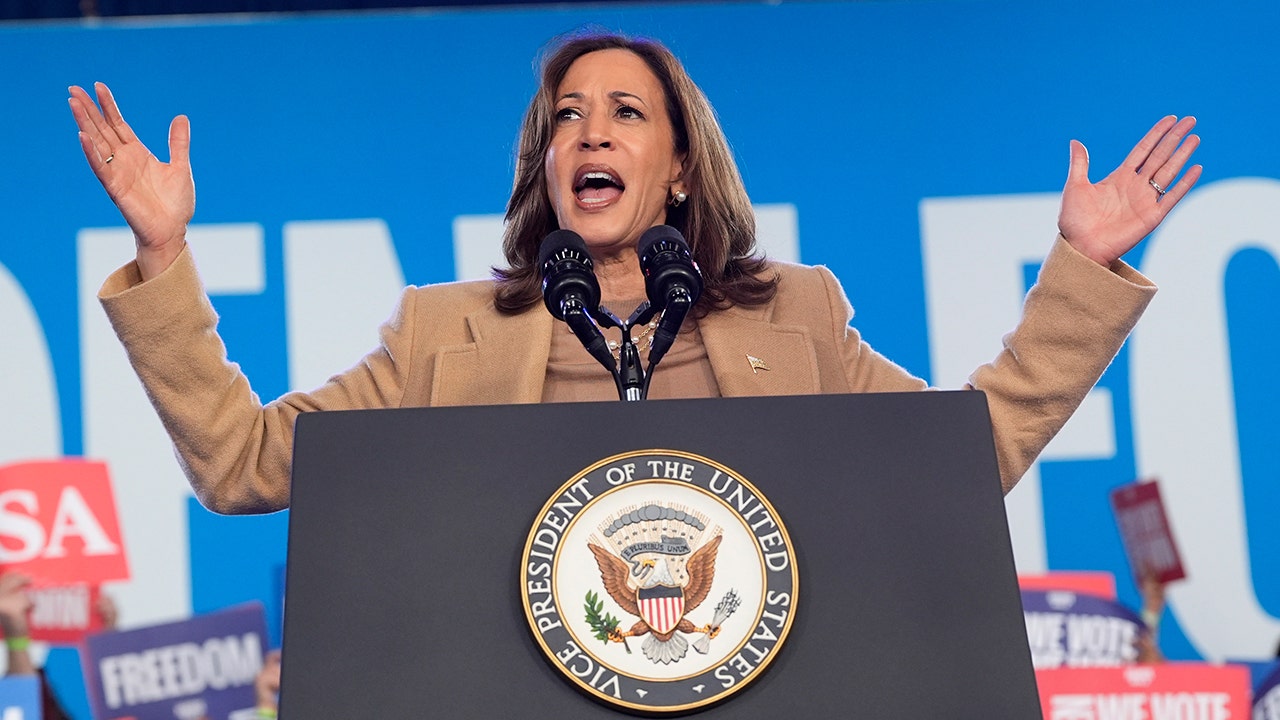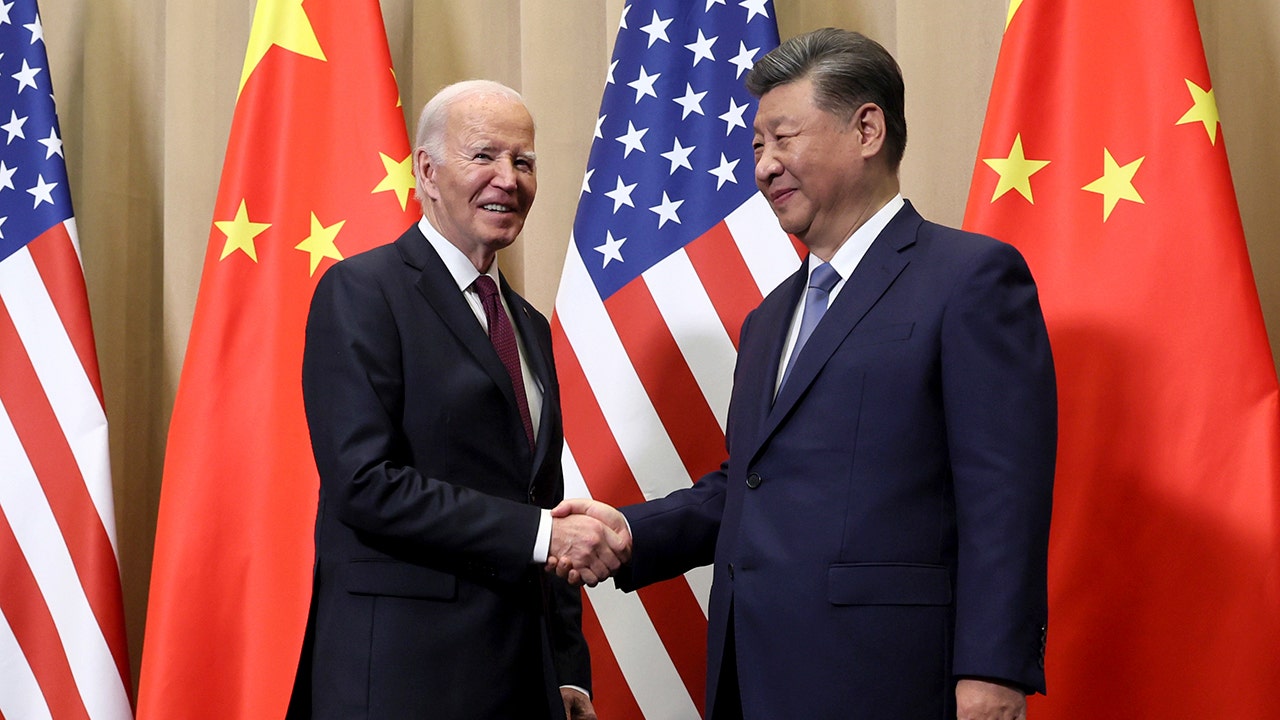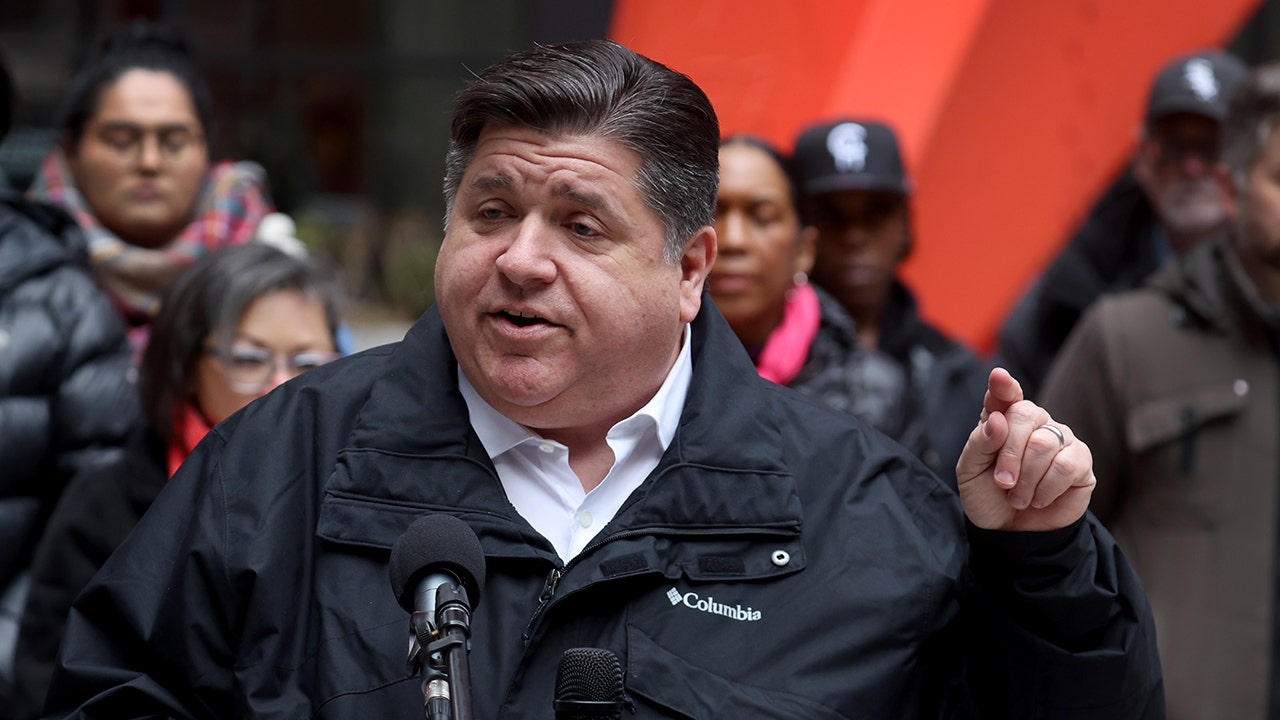Israeli leaders reacted with defiance Thursday to President Biden’s warning that the United States could withhold more weapons if Israel launched a major assault on crowded parts of southern Gaza, even as concerns grew that strains with the White House could affect the country’s ability to continue its war against Hamas.
Mr. Biden’s threat underscored the allies’ widening rift over Israel’s conduct of the war in Gaza, which local health authorities say has killed tens of thousands. It also sharpened the dilemma for Prime Minister Benjamin Netanyahu. He is increasingly caught between international calls for a cease-fire and the demands of his right-wing coalition partners, who could take down his government if he doesn’t move forward with a wide-scale invasion of Rafah, the southern Gaza city crammed with around a million Palestinians.
Mr. Netanyahu didn’t respond directly to Mr. Biden’s comments, but he posted a video on social media of a defiant speech he delivered this week in which he said “no amount of pressure” will “stop Israel from defending itself.”
“If Israel is forced to stand alone, Israel will stand alone,” he said in the clip.
It was not immediately clear if Mr. Biden’s threat would prompt any change in Israel’s strategy in Gaza, or if Israel has stockpiled enough weapons to mount a major operation in Rafah without weapons from the United States, by far its largest foreign arms supplier. Avi Dadon, a former head of procurement at Israel’s Defense Ministry, told Kan, the Israeli public broadcaster, that he “could be worried” if American arms were withheld.
Outwardly, at least, key members of Mr. Netanyahu’s government insisted that the war effort would not be affected.
“I turn to Israel’s enemies as well as to our best of friends and say: the state of Israel cannot be subdued,” Defense Minister Yoav Gallant said at a memorial ceremony, adding that the country would do “whatever is necessary” to defend its citizens and “to stand up to those who attempt to destroy us.”
Bezalel Smotrich, the far-right finance minister, declared that Israel would achieve “complete victory,” despite what he described as the American president’s “pushback and arms embargo.”
American-made weapons, including heavy bombs, have been essential to Israel’s war effort since the country was attacked by Hamas and other militant groups on Oct. 7. But Mr. Biden has been under mounting domestic pressure to rein in Israel’s military as the death toll rises in Gaza, and in his comments on Wednesday, in an interview with CNN, he acknowledged for the first time that U.S. bombs had killed innocent civilians in the conflict.
The American concerns have only grown since the Israeli army sent tanks and troops into the eastern part of Rafah on Monday night, taking over the main border crossing between Gaza and Egypt. Israeli forces have stopped short of entering built-up parts of the city, but Mr. Netanyahu and others have signaled that such an operation is necessary to eliminate Hamas battalions there.
On Tuesday, American officials said that Mr. Biden had withheld 1,800 2,000-pound bombs and 1,700 500-pound bombs that he feared could be dropped on Rafah. The administration was reviewing whether to hold back future transfers, including guidance kits that convert so-called dumb bombs into precision-guided munitions, the officials said.
In addition to the bombs, Mr. Biden said the United States would not supply artillery shells, if Israel invades population centers in Rafah.
Gilad Erdan, the Israeli ambassador to the United Nations, described the Biden administration’s decision as “very disappointing” and “frustrating.”
“We have a cruel enemy here,” he said. “Is this the time to put restrictions on Israel’s weapons?”
Nadav Eyal, a prominent columnist for a centrist Israeli newspaper, said Mr. Biden had essentially decided to declare an end to the war. He called it “the most serious clash between an American administration and the government of Israel since the first Lebanon war.”
During that conflict, which began in 1982, the Reagan administration suspended the delivery of cluster-type artillery ammunition and other weapons to Israel.
Israel’s president, Isaac Herzog, thanked the United States for supporting Israel, and appeared to lash out at Itamar Ben-Gvir, the national security minister, who had posted on X: “Hamas ♥ Biden.”
“Even when there are disagreements and moments of disappointment between friends and allies, there is a way to clarify the disputes,” Mr. Herzog said. He added that Israeli leaders should “avoid baseless, irresponsible and insulting statements and tweets that harm the national security and the interests of the state of Israel.”
Myra Noveck contributed reporting.





